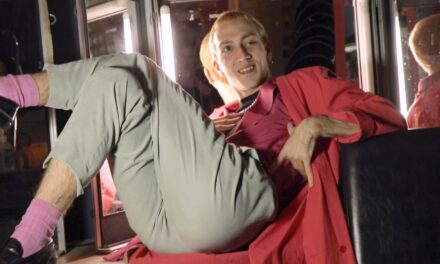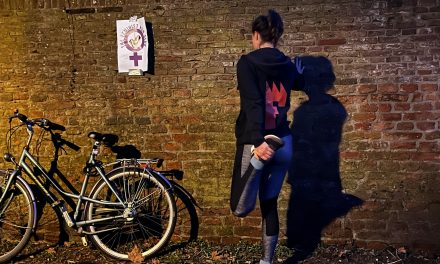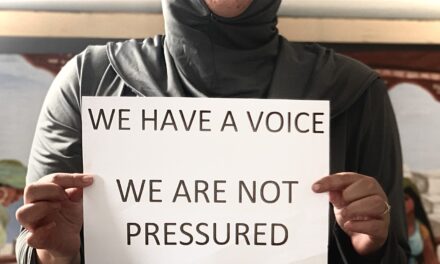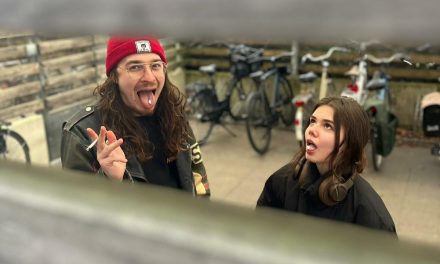Do you want to be at the top of society? Then you have to be: white, male, university educated etc. etc.. At least according to the theory Dutch journalist Joris Luyendijk describes in his book about privilege: The Seven Checkmarks. However, within his story he forgets a major aspect: the privilege of not being disabled.
Luyendijk’s book has been one of the more controversial topics in Dutch media since the start of 2022. In summary: Luyendijk wrote a book about the theory of ‘the seven checkmarks’ which indicate your privilege. You have to be white, male, straight, university educated, have at least one Dutch parent and one highly educated parent and have had classical education in high school. If you can tick off all of these checkmarks, you are the most privileged, according to Luyendijk. However, a similar theory has existed for a long time under the name: intersectionality. A lot of people don’t agree with Luyendijk telling this story and subsequently taking the focus away from the Black women who invented it, because Luyendijk is a ‘seven-checkmark’ person himself.
"Disabled people being forgotten is almost the default" Lisa Jansen
Another point of criticism that hasn’t come to attention as much, is that Luyendijks list isn’t complete. There are a lot of other aspects that play a part in privilege, for example: having a disability. “I almost cracked up when I read about it, as a sort of coping mechanism,” Lisa Jansen, speaker, activist and co-founder of Studio Stoofpot, says. “It’s not funny, but it makes you think: ‘Of course, again. How could I have thought we would be mentioned this time?’ It makes me feel ready to fight but also sad and bitter.” Jansen, a disabled person herself, isn’t surprised that this aspect didn’t make the list. “Disabled people being forgotten is almost the default. When people organize an event for example, they rarely think about access beforehand. The struggle is in the most regular and small things. You are always 0-1 behind, because society is not wired for you. It is a sort of invisible battle, that you mostly fight on an individual level.”
Enlarge
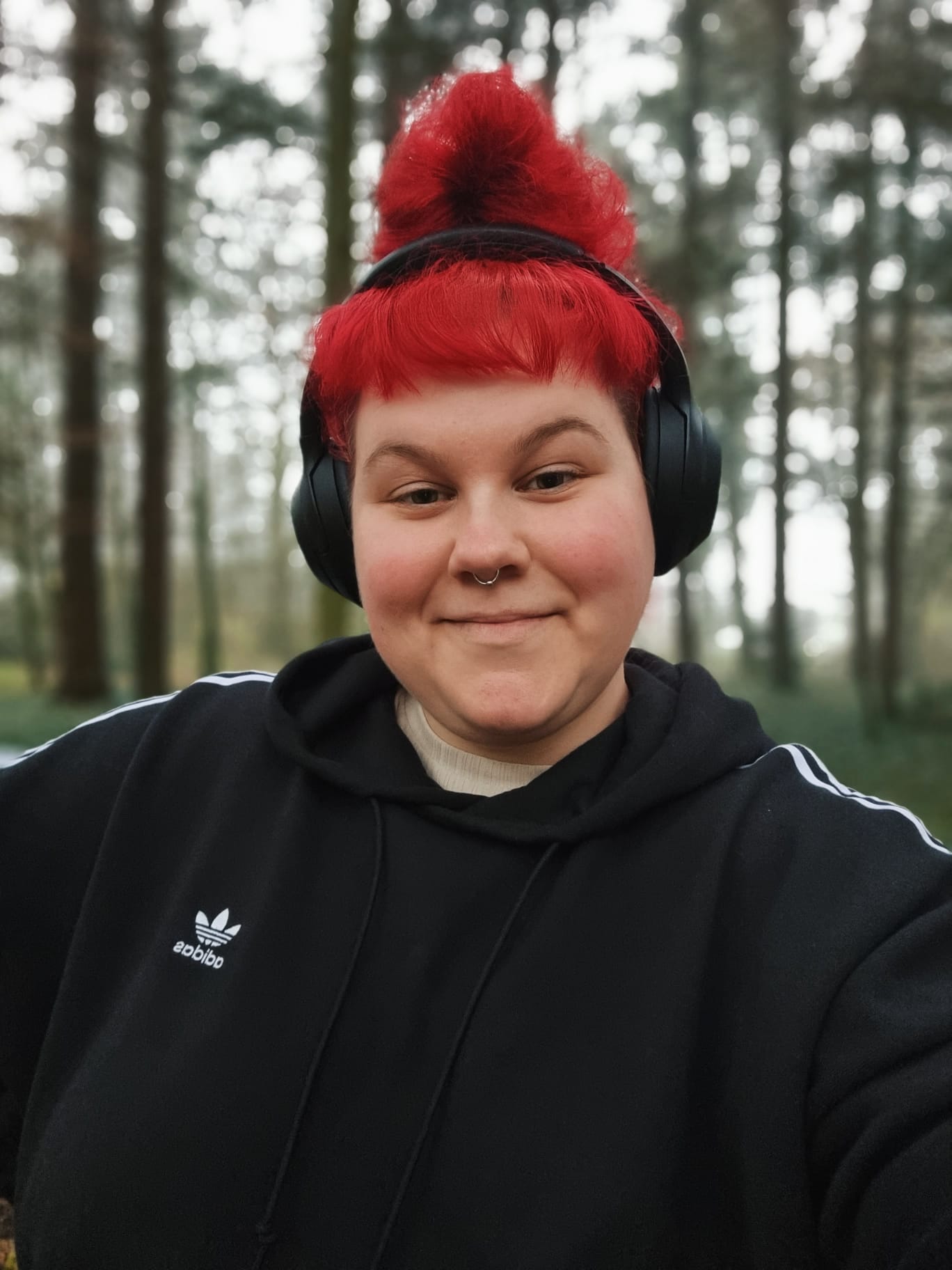
Photo by: Lisa Jansen
The Netherlands counts more than two million disabled people. According to research by HandicapNL, 18 percent of the participants in their survey don’t know how to act around psychically disabled people. With mentally disabled people, this percentage is 29. Jansen believes that this uncomfortableness with disability is one of the reasons why people overlook it so easily. Jansen: “I think a lot of people are a little bit scared. They don’t want to think about what would happen if they got sick or disabled, so they push it away.” According to Jansen people think a healthy body is makable. “But it’s not always like that, some handicaps can’t be fixed by eating healthy, doing a work-out or taking medicine.” Jansen is certain that being disabled should have been added to the list since it plays a big part in privilege, but the way you are treated as a disabled person also depends on a lot of other factors. “Were you born that way or did you become disabled? Do you have a visible or invisible handicap? Are you a man or a woman or perhaps non-binary or genderqueer? Cisgender or transgender? Skinny or fat? Of colour, black, white?” Jansen sums up. “All of these factors come into play.”
"Let disabled people take the lead” Lisa Jansen
To stand up for disabled people, you have to listen first, says Jansen. “There are already a lot of things written, recorded and made by disabled people to educate others. The only thing you have to do is listen.” Jansen thinks that this would already make a lot of difference in making disabled people more visible: “It would be nice if people would take a more active part in being allies without talking over us. Let disabled people take the lead.”
Besides not being disabled as a ‘checkmark’, Jansen thinks a lot of other privileges could be added. “Think about: being neurotypical (ed. not having autism, ADHD, dyslexia etc.) or being skinny. Things like that are always forgotten,” thus Jansen.

